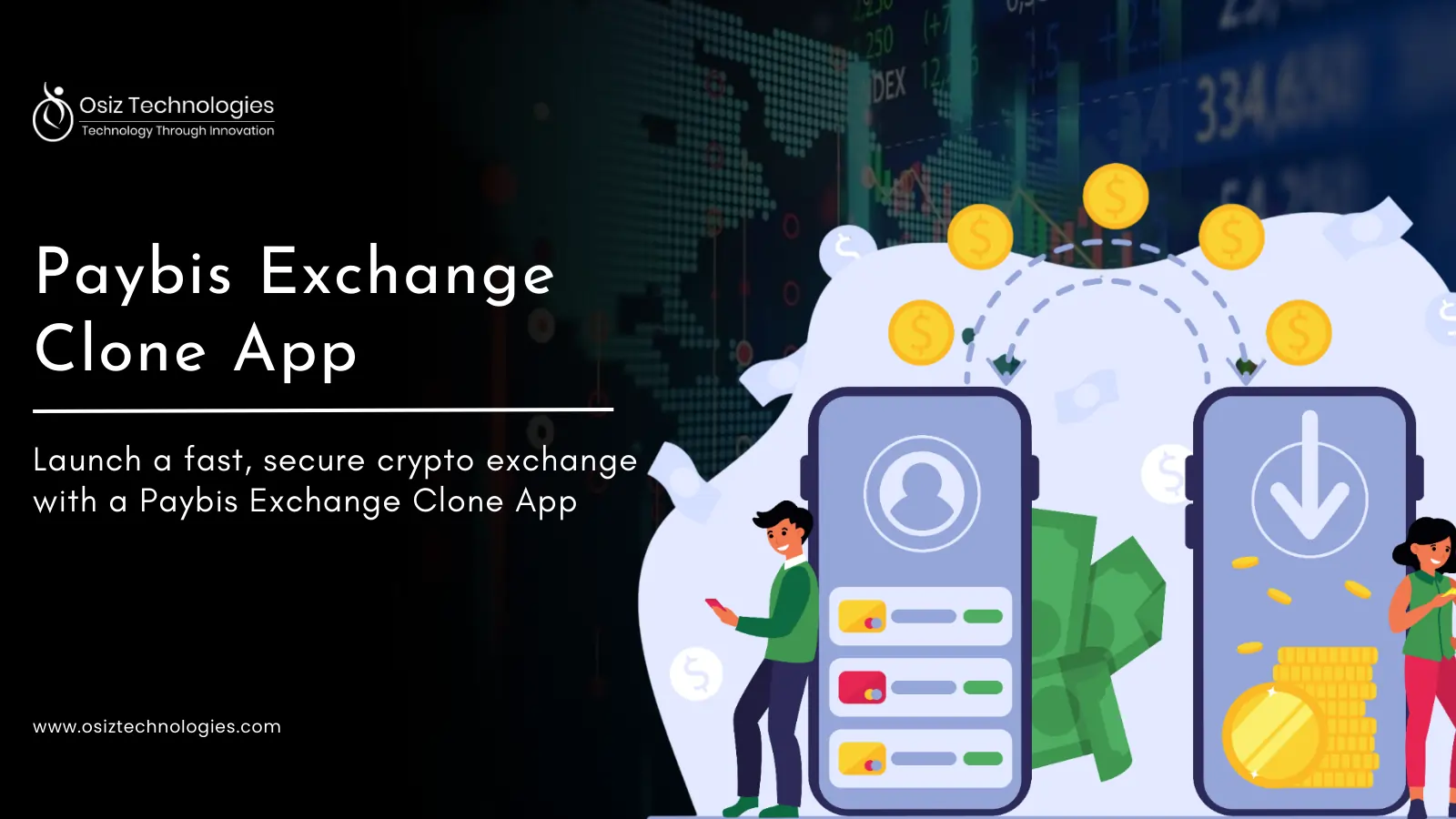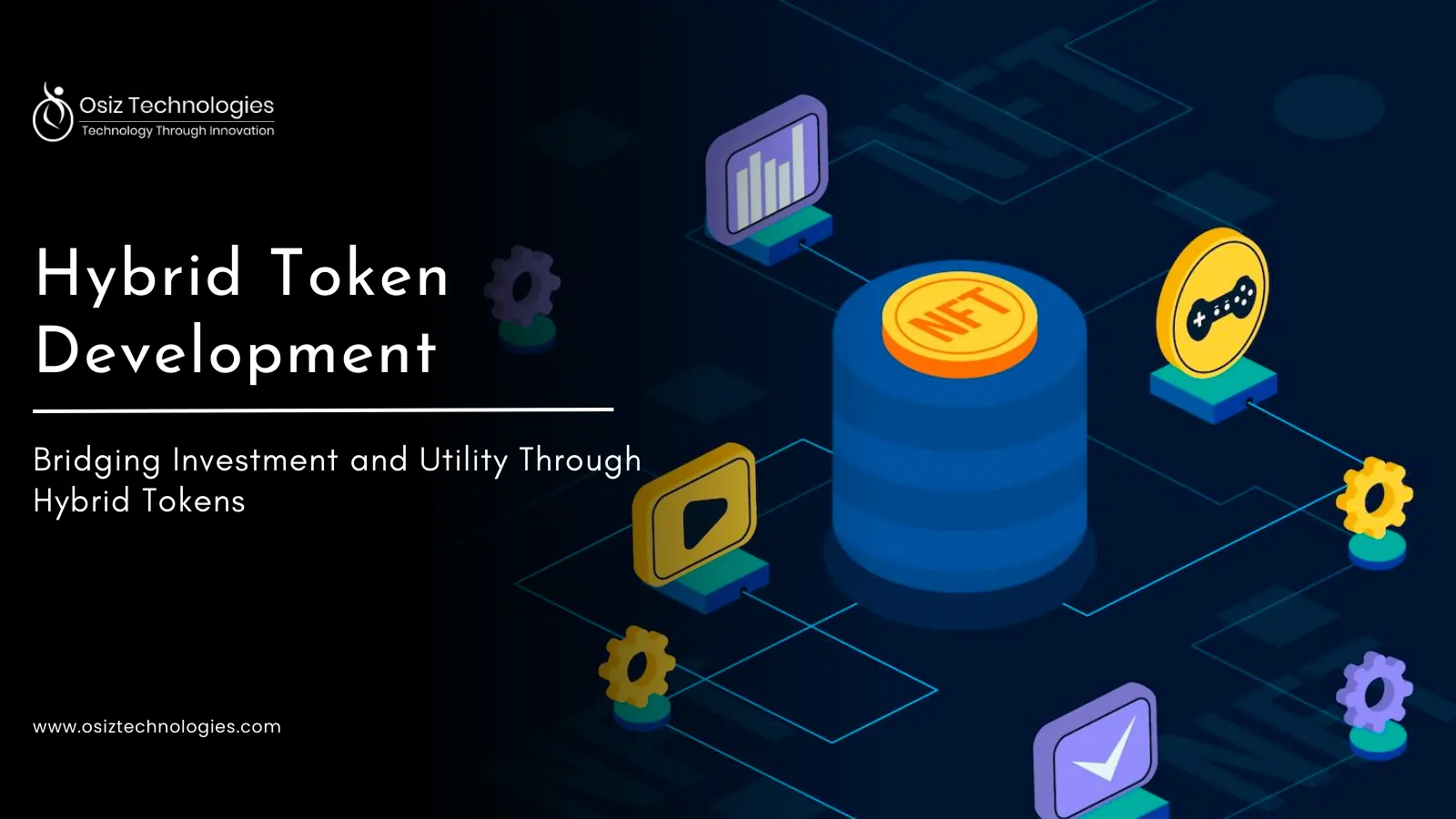At its core, a blockchain is a tamper-resistant and transparent digital ledger that records transactions across a network of computers. This decentralized nature ensures that no single entity has control over the entire system, fostering trust and resilience. The immutability of data on the blockchain provides a secure and unalterable record of transactions, enhancing transparency and accountability in enterprise operations.
Features of Blockchain For Enterprise
Blockchain technology, when tailored for enterprise use, boasts a range of features that contribute to its transformative impact on business operations. Here are key features of blockchain for enterprise:
Decentralization: Blockchains are distributed networks, which eliminate the need for central authorities. This decentralization enhances transparency, reduces the risk of a single point of failure, and fosters trust among participants.
Smart Contracts: Self-executing contracts encoded with predefined rules, smart contracts automate and enforce agreements without the need for intermediaries. This feature streamlines processes, reduces costs, and minimizes the risk of errors.
Transparency: Blockchain networks enable everyone to see the same information. This transparency improves accountability and trust, as all parties can verify and validate transactions independently.
Scalability: Modern blockchain solutions are addressing scalability challenges to accommodate a growing number of transactions. This ensures that as enterprise needs expand, the blockchain network can handle increased demand.
Privacy Controls: While maintaining transparency, enterprise blockchains offer privacy controls. Participants can access only the information relevant to their role, ensuring the confidentiality of certain data within the network.
A Good Blockchain Enterprise Solution Requirements
Creating a successful blockchain enterprise solution involves a strategic approach. Here are five key steps and their associated requirements:
Define Clear Use Case:
Identify and articulate a specific business challenge or opportunity that the blockchain solution will address.
Choose the Right Blockchain Architecture:
Determine the most suitable level of decentralization – public, private, or consortium – based on the identified use case and enterprise needs.
Implement Robust Security Measures:
Integrate strong security features, including encryption, identity management, and access controls, to safeguard data and transactions.
Ensure Scalability and Interoperability:
Design the solution with scalability in mind to handle increased transaction volumes, and ensure seamless integration with existing enterprise systems.
Establish a Governance Model:
Define a governance model outlining decision-making processes, protocol upgrades, and dispute-resolution mechanisms to ensure smooth operation and compliance.
Blockchain Platforms for Enterprises
Enterprises seeking to leverage blockchain technology have a variety of platforms to choose from. Here are some prominent blockchain platforms tailored for enterprise use:
Hyperledger Fabric:
Hyperledger Fabric, an open-source framework by the Linux Foundation, is crafted for enterprise-grade blockchain applications, offering flexibility, scalability, and a permissioned network ideal for business consortia.
Corda:
Corda, created by R3, is a financial-focused distributed ledger platform that prioritizes privacy and enables direct transactions between parties without requiring a global consensus.
Quorum:
Quorum, JPMorgan Chase's enterprise-focused Ethereum version, amalgamates public Ethereum's strengths with private transaction enhancements, catering to financial applications.
Stellar:
Stellar is a blockchain platform emphasizing quick and cost-effective cross-border payments, connecting banks, payment systems, and individuals.
Ethereum:
Ethereum, renowned as a public blockchain, offers enterprise versions emphasizing privacy, scalability, and permissioned networks, catering to diverse business applications.
Ripple:
Ripple operates as a real-time gross settlement system (RTGS) and currency exchange network, using its native cryptocurrency, XRP, to facilitate swift and cost-effective cross-border payments for financial institutions.
Top 5 Blockchain Applications For Enterprise
Financial Services
Blockchain revolutionizes financial transactions, offering faster, more secure, and cost-effective solutions for cross-border payments, remittances, and other financial processes.
Automobiles
As the mobility industry undergoes transformative changes with ride-sharing, electrification, and driverless vehicles, blockchain is revolutionizing enterprise-level applications in the automotive sector. Blockchain facilitates efficient recording of mileage, engine usage, and repair history, providing seamless access to crucial information for manufacturers, sellers, and retailers.
Cloud Storage
Businesses can enter blockchain-based storage networks, like Sia or Storj, by leasing storage units, enabling them to profit from extra storage capacity. However, participating companies face challenges such as ensuring data security, reclaiming storage if needed, and receiving fair compensation. Despite these hurdles, this presents a distinctive opportunity for businesses to monetize surplus storage resources in the dynamic blockchain storage environment.
Retail
In the realm of IT-driven advancements, the retail sector stands out as a key focus, particularly in enhancing profitability through blockchain applications. For instance, Walmart is actively testing blockchain to trace the origin and movement of pork products in China, showcasing the sector's adoption of this technology for supply chain management.
Healthcare
Secures healthcare data by enabling interoperability, maintaining data integrity, and facilitating secure sharing of medical records among authorized parties.
RealEstate
A few blockchain applications in the real estate industry are RealBlocks, SMARTRealty, StreetWire, ShelterZoom, etc. These companies use blockchain technology to run their operations by using tokenization to speed up the land register procedure, smart contracts to speed up lease payouts, and improved stakeholder decision-making.
Media and Entertainment
Mediachain, Steemit, Bonded, Vevue, and other platforms are a few examples of blockchain applications in the media sector. These programs can distribute genuine digital collectibles on their platform, lessen piracy, safeguard digital content, and track the lifecycle of any asset.
These are a few of the most innovative blockchain use cases for enterprises that are now available. Let us now introduce you to a rather different aspect of this same coin: the obstacles blockchain technology must surmount to become a common feature in the global success narrative.
Supply Chains
Sweetbridge, Slync, Blockfreight, and other use cases are examples of blockchain logistics. One of the best supply chain use cases for blockchain technology is Sweetbridge, an economic framework built on blockchain technology that revolutionizes supply chain collaboration by enabling a quick and flexible value exchange that frees up working capital. The businesses concentrate on creating a stronger worldwide economy while also assisting in enhancing overall performance.
Smart Contracts
Automates and enforces agreements with self-executing smart contracts, streamlining processes in legal, procurement, and financial domains.
The ROI Of Business Blockchains
Blockchain technology has emerged as a transformative force in various industries, promising enhanced transparency, security, and efficiency. As businesses explore and adopt blockchain solutions, assessing the Return on Investment (ROI) becomes crucial. Here's an overview of the ROI of business blockchains:
-
Operational Efficiency
-
Cost Reduction
-
Decentralized Finance (DeFi)
-
Smart Contracts for Automation
-
Increased Trust and Transparency
In what ways might Osiz support your enterprise blockchain development needs?
Osiz, as a premier Blockchain Development Company, offers comprehensive solutions for your enterprise blockchain needs. Our seasoned team excels in crafting customized blockchain solutions aligned with your business objectives. From ideation to deployment, Osiz ensures an efficient and tailored approach to meet the unique demands of your enterprise. Specializing in secure smart contract development and ICO services, we guide you through token creation with regulatory compliance in mind. Our expertise spans blockchain integration, strategic consultation, and ongoing support, empowering your enterprise to fully leverage blockchain technology. With a steadfast commitment to security through thorough audits and maintenance, Osiz is your trusted partner for innovative and resilient blockchain solutions, propelling your enterprise to new heights in the digital era.
Wrapping Up
In conclusion, Osiz emerges as a trailblazer in the realm of blockchain solutions, demonstrating excellence in crafting innovative and secure frameworks tailored to meet diverse enterprise needs. With a seasoned team adept in custom blockchain development, smart contract expertise, and comprehensive ICO services, Osiz ensures a personalized and strategic approach to your business's success. Our commitment to ongoing support, thorough security audits, and maintenance reflects our dedication to delivering robust and enduring solutions.
Moreover, Osiz stands as the leading Crypto Exchange Development Company, offering a wealth of expertise to support your enterprise blockchain journey comprehensively.
Listen To The Article












